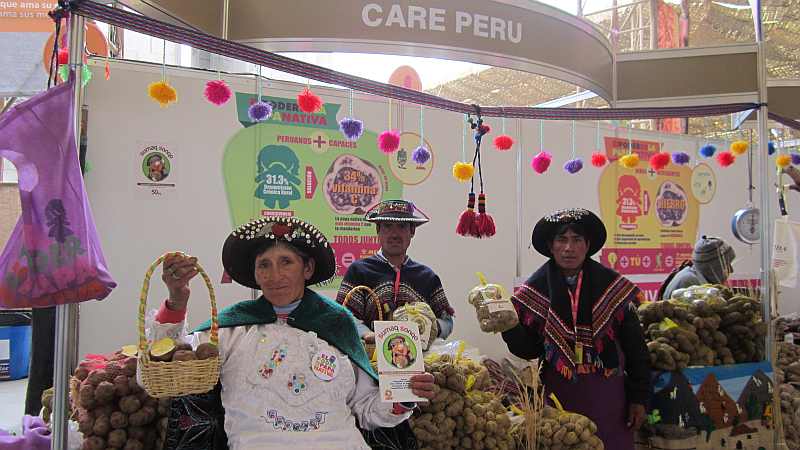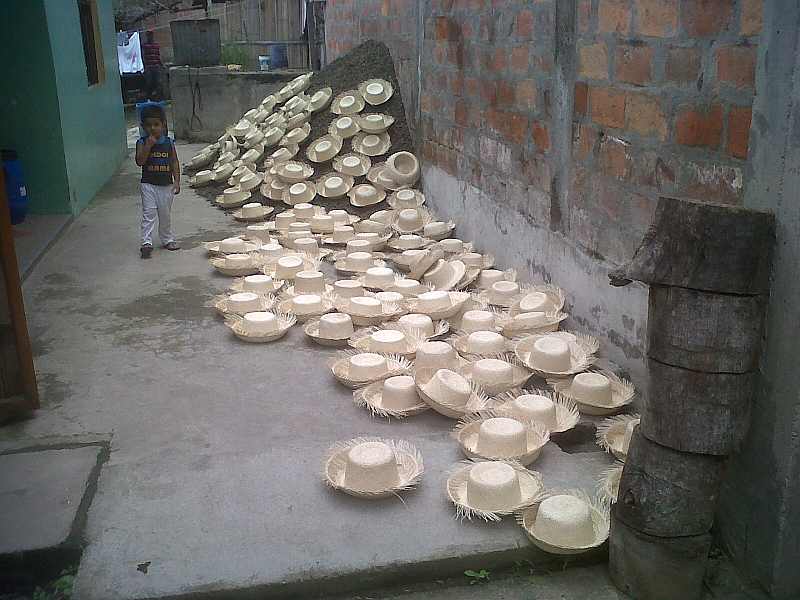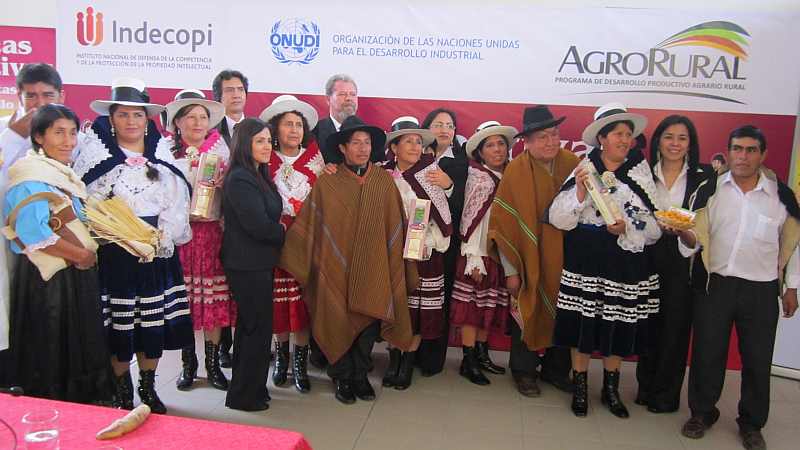As a reaction to the rapid changes brought about by globalization, more and more consumers are searching for what is authentic; they are also willing to pay higher prices for traditional products (i.e. food and handicraft) that retain the quality of the past and that are deeply rooted in the popular cultures of their territories of origin. When a “typical” product is widely regarded in the market as a home for the history, customs and land that saw its birth, it has a unique competitive advantage.
For small producers operating in rural areas, this new trend signifies a major opportunity, as it frees them from having to compete on price with generic and standardized products. Moreover, it rewards them for doing what to a certain extent they always have been doing: using age-old methods to produce traditional products that are firmly rooted in a region and have their own special properties. Forging ahead with the revitalization of the historical, cultural and ecological legacy of the region becomes the starting point for boosting local economic development.
The challenge for producers in a region when they all produce the same popular good is to enhance the reputation of the typical product in the market. Only if consumers associate the precious commodity unswervingly with the region of origin and perceive it as exclusive, can they develop a preference for the product based on its history, the richness of its environment, purity, goodness and simplicity of its past.
Many typical products are being relegated to oblivion or struggling with a reputation for special craft products, but unprofitable and with a low economic value. The reinvention of the product on a regional scale and its transformation in the eyes of the customer into a highly differentiated good worth a higher price thus become the priority objective.
In this context, often the main concern of the stakeholders is quickly to obtain a geographical indication. However, all too often they ignore the fact that a geographical indication only serves to identify and protect a product with special characteristics and thus enhance its marketing; but it is certainly not a miracle means in itself which can add quality to the traditional product, or create a market demand for it out of nothing.
In fact, what has enabled some typical local products to conquer the markets has primarily been the tireless collective value-adding strategy developed within economic operators’ associations, that from now on we will call “origin consortia”. Geographical indications have certainly contributed to the success of these local products but can hardly be held ultimately responsible for it. All too often, geographical indications are ascribed benefits that have nothing to do with the legal instrument itself, but rather with the collective projects that strive for the differentiation that helped obtain it, and which then continue over time.
The United Nations Industrial Development Organization (UNIDO) has nearly two decades of experience conducting technical assistance projects worldwide to foster business linkages. Over the years, various specific methodologies have been developed for the promotion of clusters, associations of cooperatives, export consortia and networks of small suppliers.
In response to a heightened interest among public institutions, small and medium enterprises (SME) and producers for partnership strategies specifically focused on the valorisation of regionally typical products; in 2010 a programme was designed to promote origin consortia. Since then, UNIDO has conducted several training courses throughout Latin America and has initiated technical assistance activities in Peru, Ecuador, Morocco and Egypt for the development of such networks.
Ongoing projects
Market access facilitation for selected value chains of typical food products
Case studies
Market Access for Origin-linked Products and Geographical Indications: An Integrated Approach
Agro-Food, Tourism and Creative Industries: An Integrated Cluster Approach
Collective Mark for Peruvian Native Potatoes
The Montecristi Hat
Collective Marks to foster Rural Development
For more information, please contact:
Fabio Russo
Senior Industrial Development Officer
UNIDO Business Environment, Cluster and Innovation Division
Ebe Muschialli
Project Specialist/Advisor
UNIDO Business Environment, Cluster and Innovation Division



